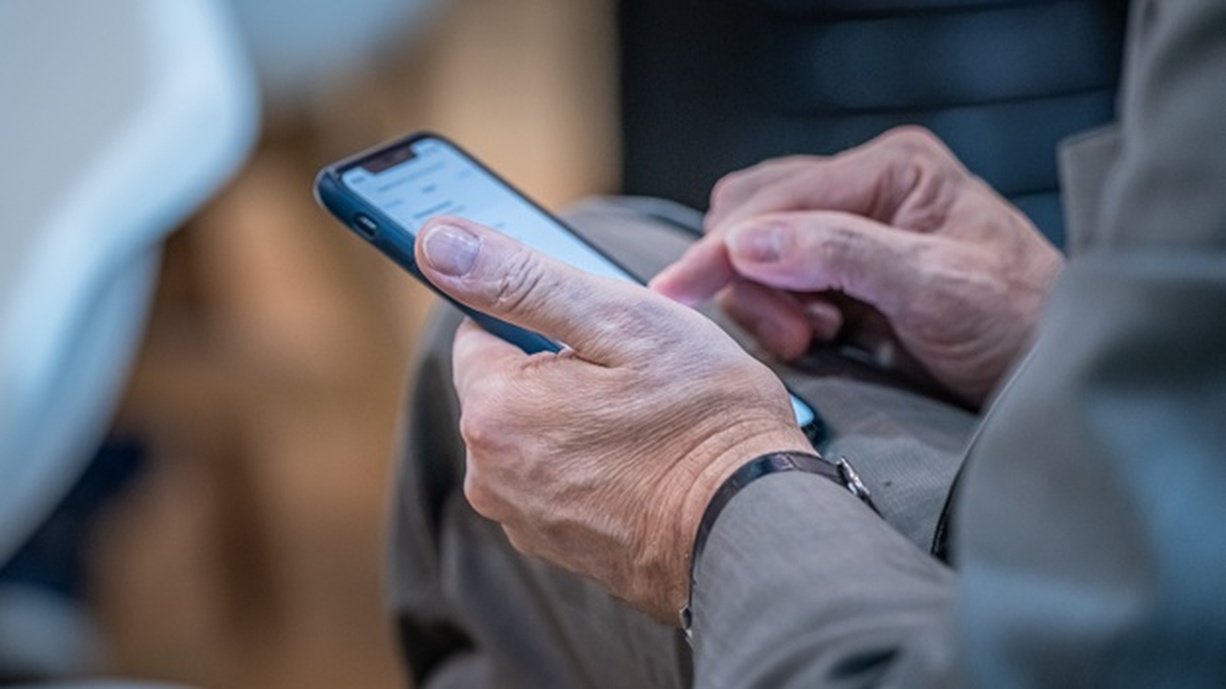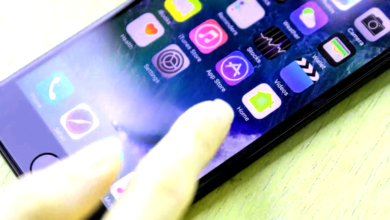Smartphone Security: Tips to Keep Your Personal Information Safe in 2023

Smartphone Security
Smartphones have become an integral part of our daily lives, providing us with instant access to information, communication, entertainment, and more. However, as our reliance on smartphones grows, so does the amount of personal information we store on them. From banking apps to social media accounts, we have a wealth of sensitive data on our devices. It is crucial to take steps to protect this information from cybercriminals and hackers. In this article, we will share some tips to help you keep your personal information safe on your Smartphone Security.
-
Use Strong Passwords
One of the most basic and effective ways to secure your smartphone is by using a strong password. Your password should be a combination of letters, numbers, and special characters, and should not be easy to guess. Avoid using common words or phrases, such as “password” or “123456,” as they are easily hackable.
-
Enable Two-Factor Authentication
Two-factor authentication (2FA) is a security measure that adds an extra layer of protection to your account. It requires a second form of identification, such as a fingerprint or a code sent to your phone, in addition to your password. Enabling 2FA can make it more difficult for hackers to gain access to your accounts.
-
Keep Your Software Up-to-Date
Software updates often contain important security patches that address vulnerabilities and protect against malware. Make sure to keep your smartphone’s operating system and apps up-to-date to ensure that you have the latest security features.
-
Avoid Unsecured Wi-Fi Networks
Public Wi-Fi networks, such as those in cafes or airports, are often unsecured and can be easily hacked. Avoid using these networks to access sensitive information, such as banking or email accounts. If you must use public Wi-Fi, consider using a virtual private network (VPN) to encrypt your data.
-
Install Antivirus Software
Antivirus software can help protect your smartphone from malware and viruses. Install a reputable antivirus app on your device and run regular scans to detect any malicious software.
-
Be Wary of Phishing Scams
Phishing scams are fraudulent attempts to obtain sensitive information, such as passwords or credit card numbers. Be wary of emails, text messages, or phone calls that ask for personal information, and avoid clicking on links from unknown sources.
-
Use Encrypted Messaging Apps

Encrypted messaging apps, such as Signal or WhatsApp, use end-to-end encryption to protect your messages from being intercepted or read by anyone other than the intended recipient. Consider using these apps instead of traditional SMS or messaging apps for sensitive conversations.
-
Don’t Jailbreak or Root Your Device
Jailbreaking or rooting your smartphone can provide you with additional customization options, but it can also expose your device to security vulnerabilities. Avoid jailbreaking or rooting your device, as it can compromise its security and make it more susceptible to malware.
-
Backup Your Data Regularly
Regularly backing up your data can help protect you from data loss in the event of theft or damage to your smartphone. Make sure to store your backups in a secure location, such as a cloud service or an external hard drive.
-
Be Careful What You Share Online
Be careful what personal information you share online, such as your full name, birthdate, or address. This information can be used by cybercriminals to impersonate you or steal your identity.
Read More:House Functions You Can Control from Your Smartphone
Conclusion
taking steps to protect your personal information on your smartphone is essential in today’s digital world. By using strong passwords, enabling two-factor authentication, keeping your software up-to-date, avoiding unsecured Wi-Fi networks, installing antivirus software, being wary of phishing scams, using encrypted messaging apps, not jailbreaking or rooting your device, backingup your data regularly, and being careful about what you share online, you can significantly reduce the risk of cyber attacks and keep your personal information safe.
Remember, it only takes one security breach for your personal information to fall into the wrong hands, so it’s important to stay vigilant and take proactive steps to protect yourself. By following these tips, you can enjoy the convenience and benefits of your smartphone without compromising your security.











